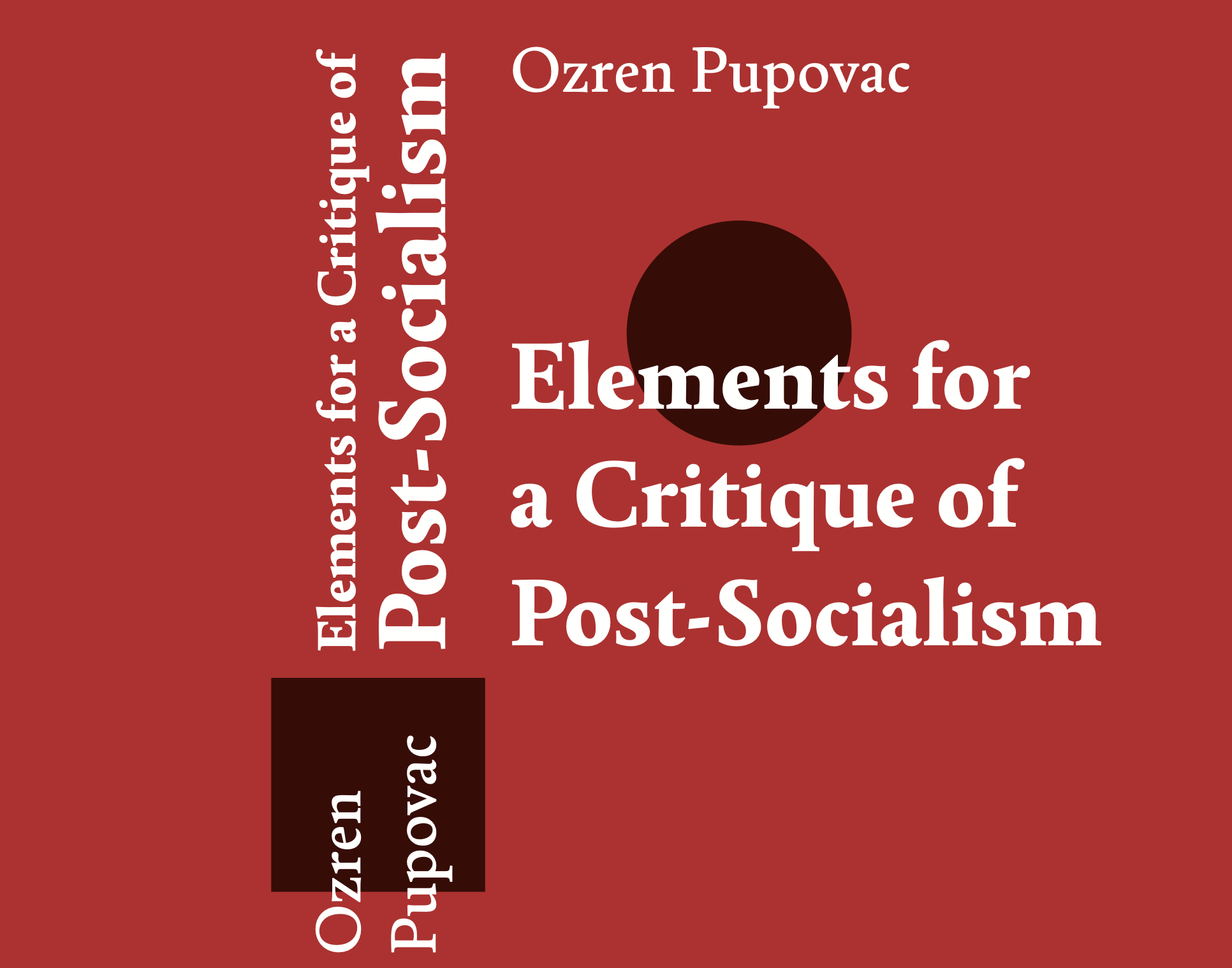The year 1989 opens an odd chapter in history. A chapter of historical oddities. For that which we commonly refer to as post-socialism is a particularly odd historical state. What is it exactly that begins with 1989? If we look at the question a bit more carefully, we cannot avoid noticing the paradoxical play on time that history presents us with here. Every beginning is difficult, as one philosopher famously remarked, but beginning for the post-socialist situation seems to be particularly neuralgic. This is a very peculiar beginning. A beginning which seems already one step behind itself, already one step in the past. How does post-socialism begin? The troubles of the post-socialist beginning begin already at the level of nomination. As its proper name shows, the post-socialist situation bears an immense mark of the past. The mark of an end. The beginning of post-socialism, its historical inception, immediately presents itself as an end, a beginning in and through an end: the end of socialism, the end of communism. But is this end, this negativity towards the past, all there is here? Is post-socialism simply an announcement of something that ended, something that passed? Because, one might also ask: what is it that begins properly speaking, after the end? Is there something that post-socialism can claim as its own outside of the simple fact of the negation of its anteriority? But, then again, is there a beginning here in the first place? If we look even closer, we can see that it is not simply the past that haunts the beginning of post-socialism. It is also the future. For there seems to be no end to the beginning of post- socialism. If it is already displaced in the past, behind itself, post-socialism seems to be also immediately ahead of itself: in a state of anticipation, a state of suspension. Before we can see it being properly formed, before we can see it taking a shape of its own, the historical essence of post- socialism seems to already run ahead of the eye’s gaze. Its entire consistency is projected into a certain future tense, into a promise of the future. The social scientists have aptly demonstrated this fact – not without a certain dose of embarrassment – when they meticulously measured the vectors of the post-socialist ‘transition’, thus providing the scientific bases for the ideological constructions of neo- liberal capitalism.
Not anymore, not yet: post-socialism presents itself as a temporal caricature. It presents itself as a floating historical state, stranded between negation and anticipation, between the past and the future.
***
Ozren Pupovac teaches philosophy and social and political theory at the Faculty of Philosophy in Rijeka. He published on contemporary French philosophy, Marxist thought and the post-Yugoslav political context, and translated the works of Badiou, Althusser, Rancière and Lazarus. Since 2008, together with Bruno Besana, he has been leading the research platform “Versus Laboratory”.
***
